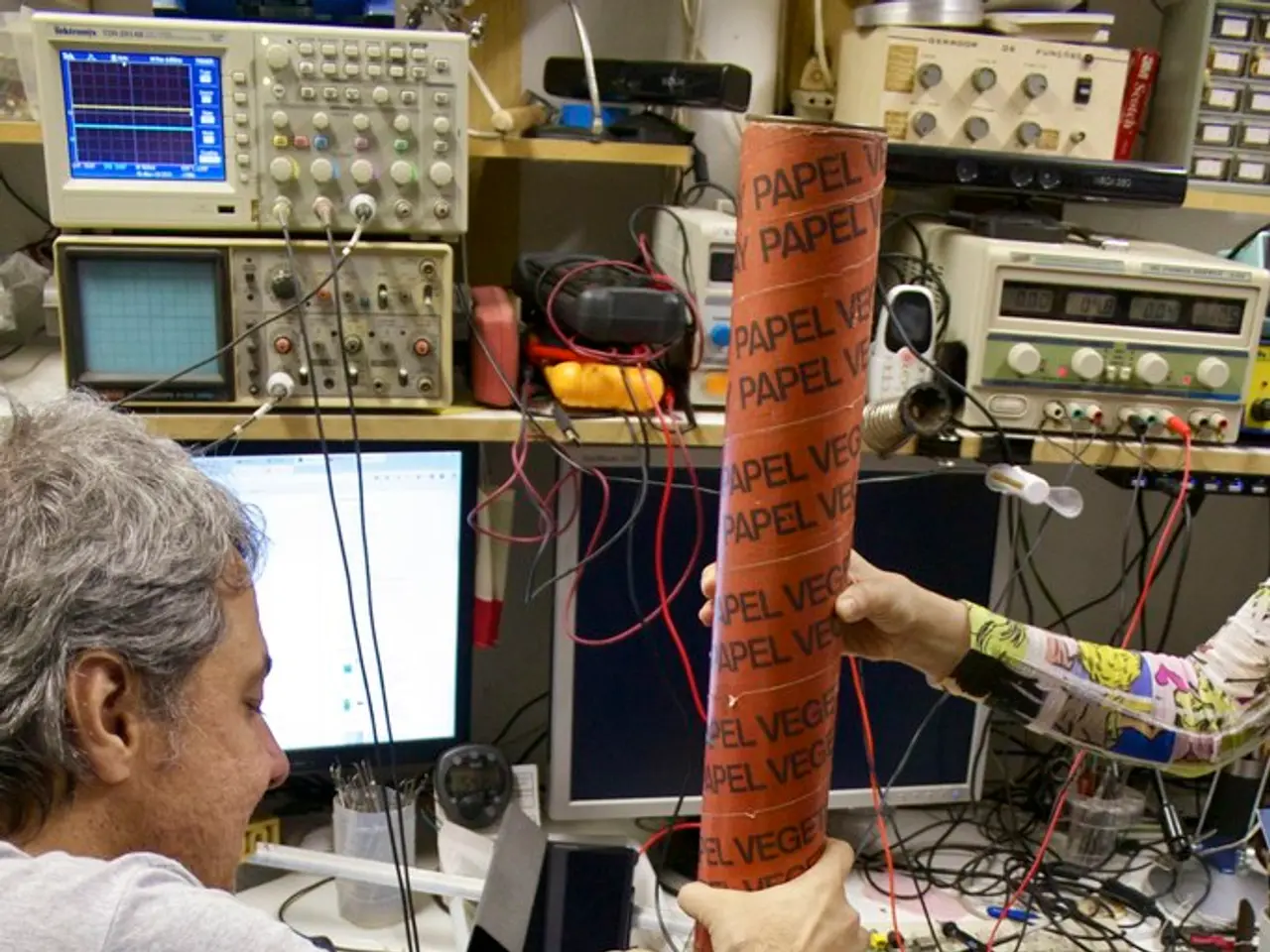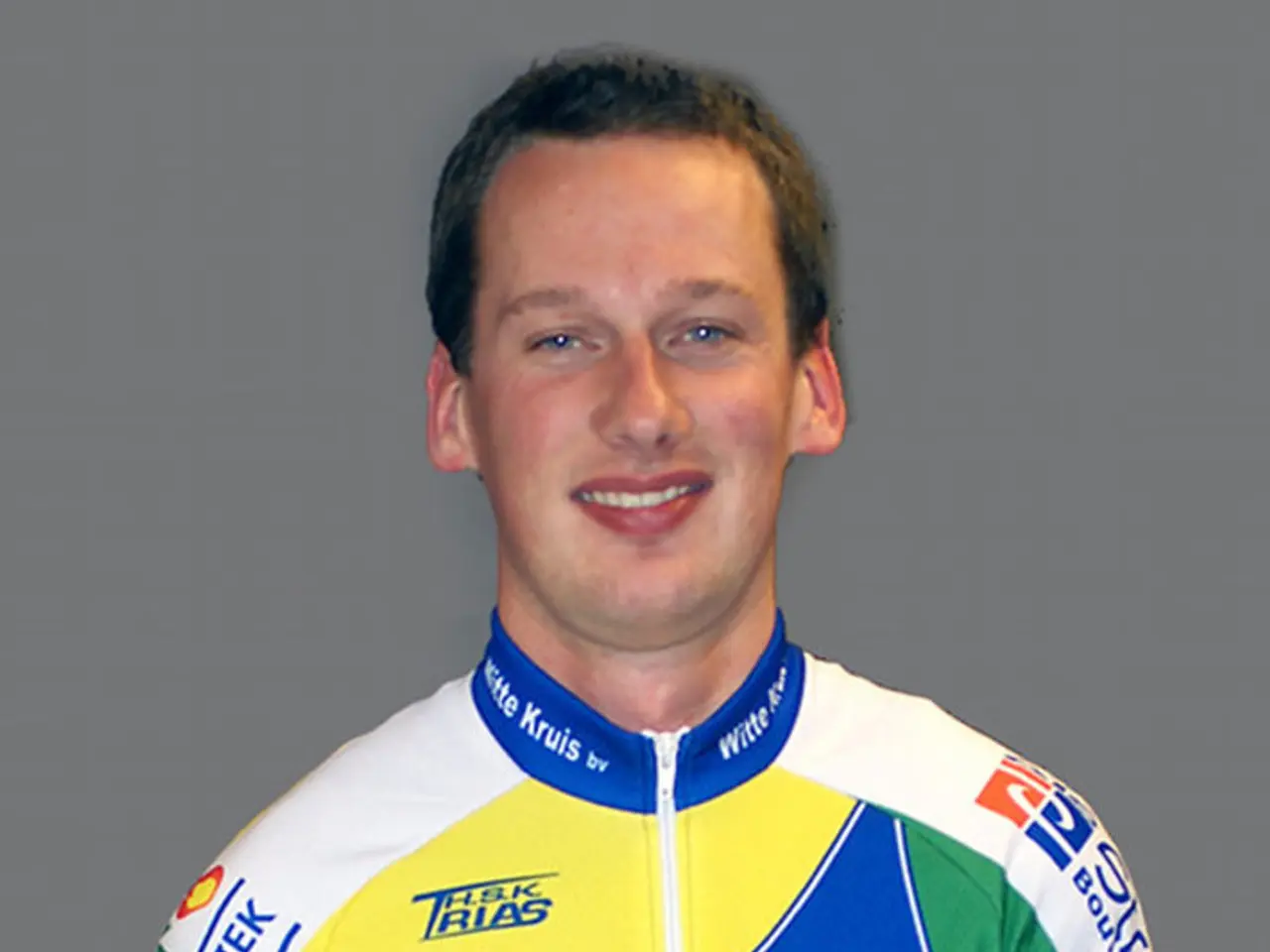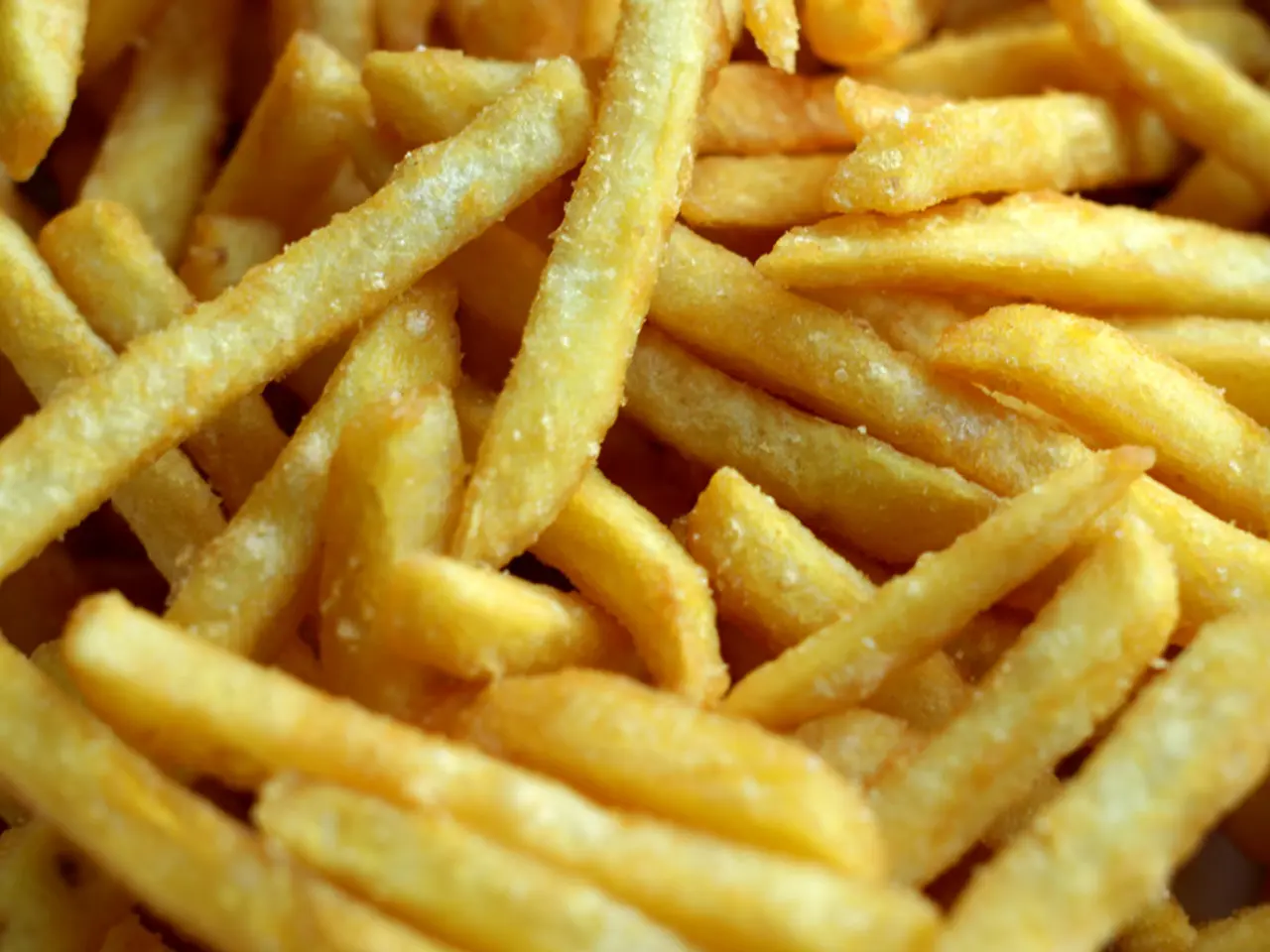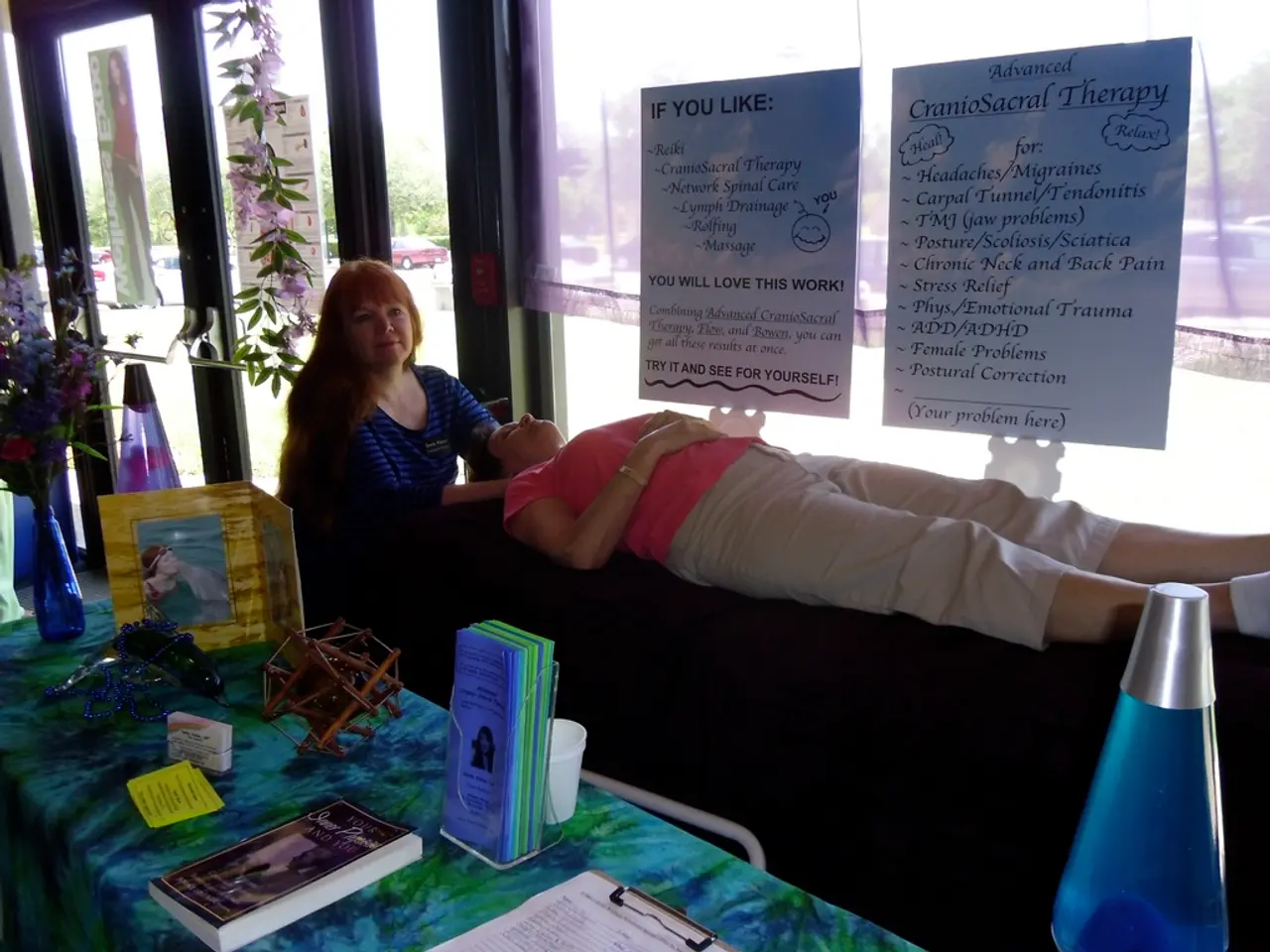Strategies to Maintain Mental Agility for Prolonged Creative Tasks
In today's fast-paced world, maintaining mental energy and creativity throughout a full day of creative work can be a challenge. However, by understanding your natural energy cycles, fueling your brain with proper nutrition, incorporating physical movement, managing stress effectively, and optimizing your work environment, you can keep your mind sharp and your ideas flowing.
Understanding Energy Cycles
Track your daily energy highs and lows by conducting an energy audit for about a week. Identify when you are most alert and creative, and schedule your most demanding, creative tasks during these peak periods. Use lower energy times for routine or administrative tasks. Incorporating breaks aligned with your ultradian rhythms—roughly 90-120 minute cycles of alertness—helps maintain sustained mental energy through recovery moments during the day.
Nutrition for Mental Energy
Fueling your brain with the right nutrition means avoiding energy dips caused by poor diet. Moderate caffeine intake can enhance alertness, reduce mental fatigue, and support sustained attention, especially when paired with L-Theanine to reduce jitters. Balanced meals rich in nutrients that support brain function, like omega-3 fatty acids, antioxidants, and complex carbohydrates, are also beneficial for maintaining creativity and focus.
Incorporating Movement
Physical activity boosts blood flow to the brain, improving cognition and reducing mental fatigue. Taking walks, stretching, or working in different physical environments can refresh your mind, stimulate new ideas, and increase creative output. Changing your location or incorporating leisurely movement breaks can also help shift perspective and stimulate innovation.
Stress Management
Managing stress is critical for maintaining clarity and creativity. Include strategic moments of "empty schedule" or boredom to allow your brain to rest and incubate ideas. Practice mindfulness, deep breathing, or short meditation sessions during breaks to lower stress levels and improve mental clarity.
Optimizing Work Environment
Customize your workspace to reduce distractions and inspire creativity. This can include decluttering, adjusting lighting and ergonomics, incorporating plants or artwork, or changing your surroundings altogether to refresh your perspective. An environment that supports mental clarity fosters innovative thinking.
Practical Strategies Summary
- Conduct an energy audit and align tasks with energy levels.
- Use caffeine smartly, possibly with L-Theanine, to enhance focus without anxiety.
- Schedule creative, complex tasks during high-energy phases and routine work during low-energy phases.
- Incorporate physical movement and environmental changes to stimulate creativity.
- Build strategic rest and stress reduction practices into your day.
- Design a workspace conducive to focus and inspiration.
By following these integrated approaches, you can sustain mental energy, reduce fatigue, and maintain a steady stream of creativity throughout a full day of creative work. Remember, everyone experiences natural fluctuations in energy levels throughout the day, so it's essential to adapt your work style to these changes.
Additionally, mind-body practices like yoga, tai chi, and meditation can help calm the mind, reduce stress, and improve focus. Snacking on brain-boosting foods like nuts, seeds, berries, and dark chocolate can help maintain mental clarity and prevent energy dips. Short, frequent movement breaks can refresh the mind and keep it mentally sharp throughout the day. Incorporating movement into your daily routine helps reduce mental fatigue, improve focus, and stimulate creativity. Energy dips are inevitable during long creative sessions; planning breaks can help prevent burnout.
Incorporating mind-body practices such as yoga, tai chi, and meditation can further aid in calming the mind, reducing stress, and improving focus—GCSE creative writing assignments often require sustained effort, making effective stress management crucial. Healthy snacking options, like nuts, seeds, berries, and dark chocolate, are beneficial for maintaining mental clarity and preventing energy dips throughout one's health-and-wellness journey, enhancing overall productivity and mental health.




